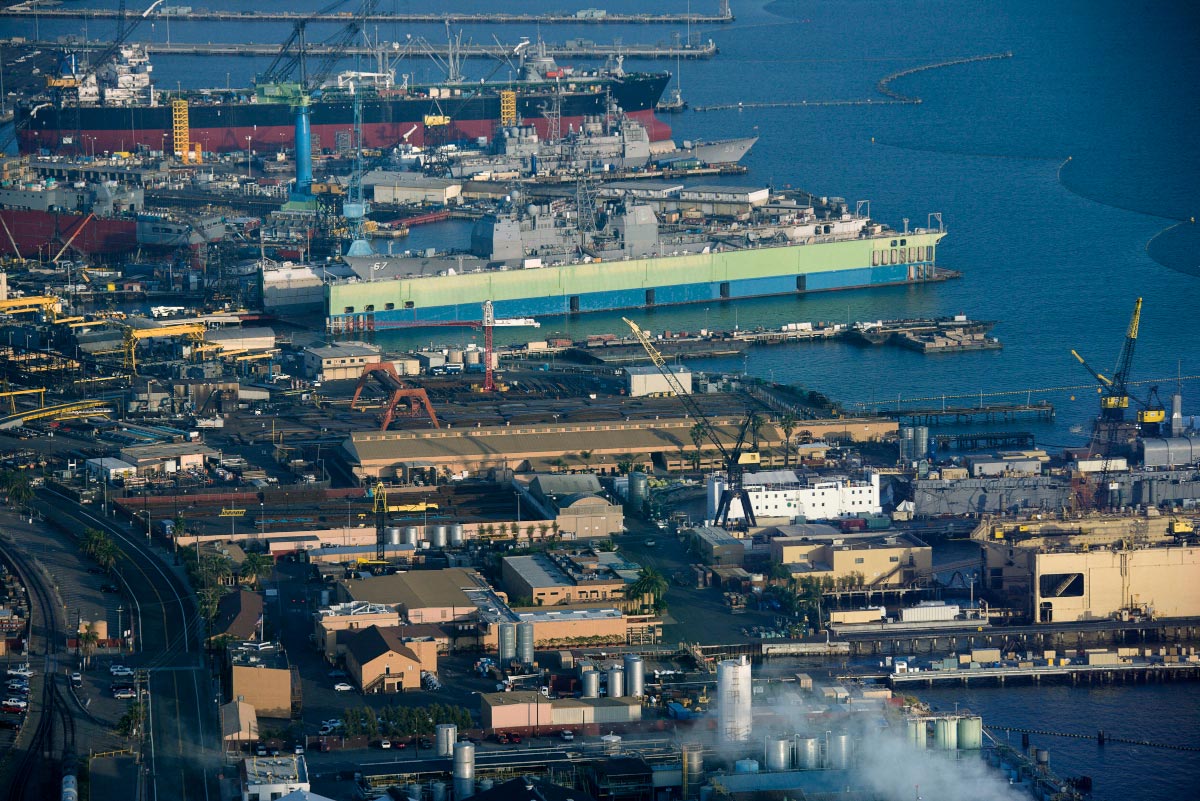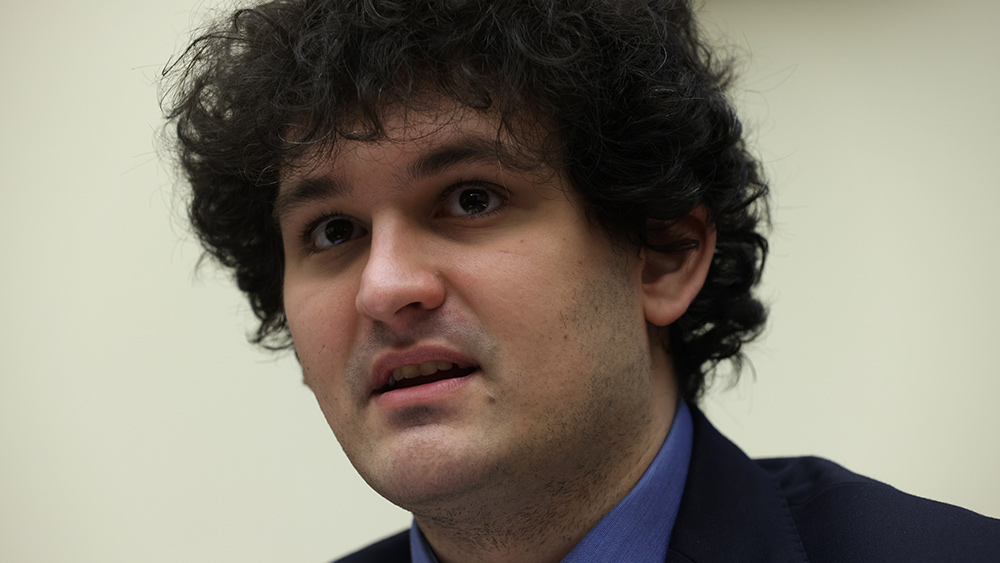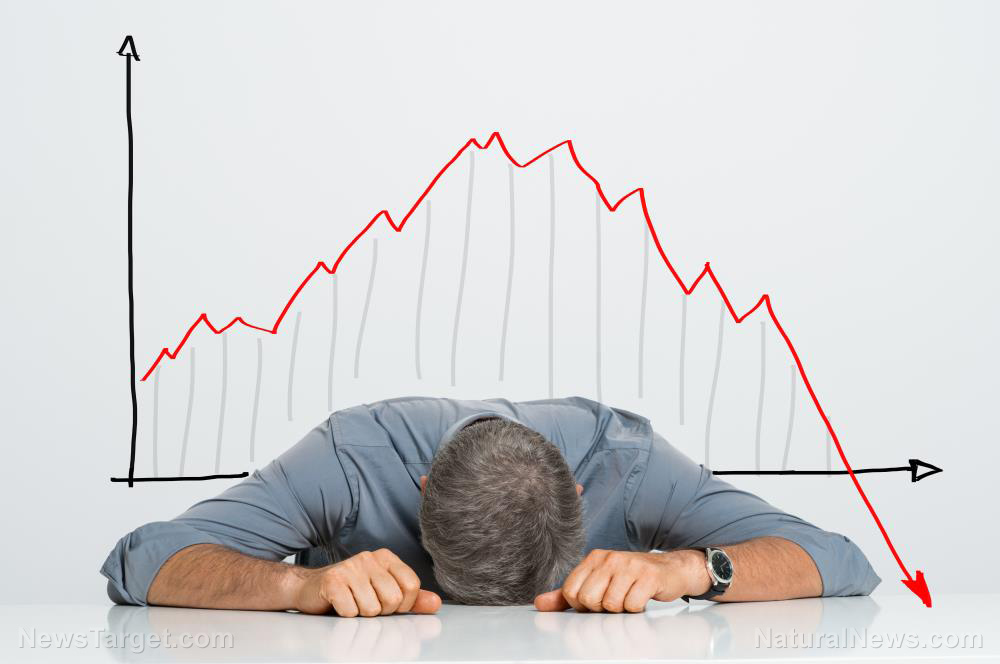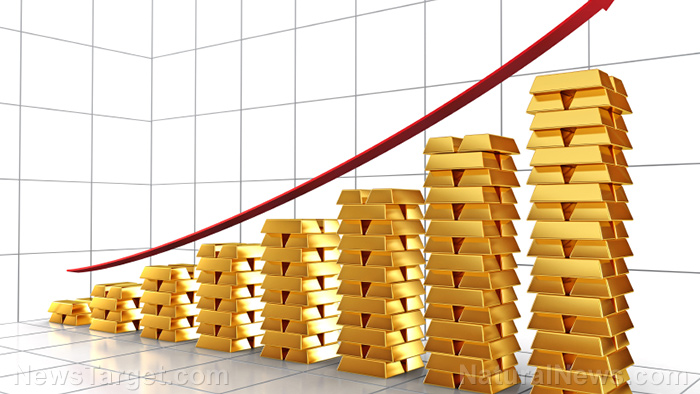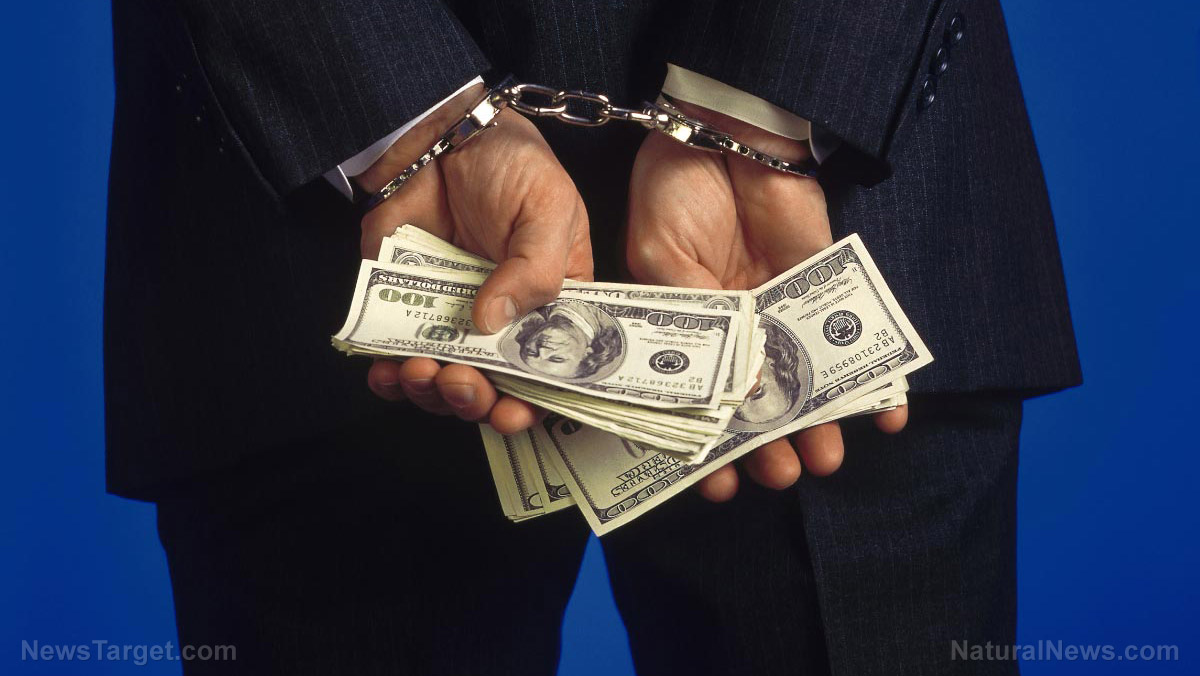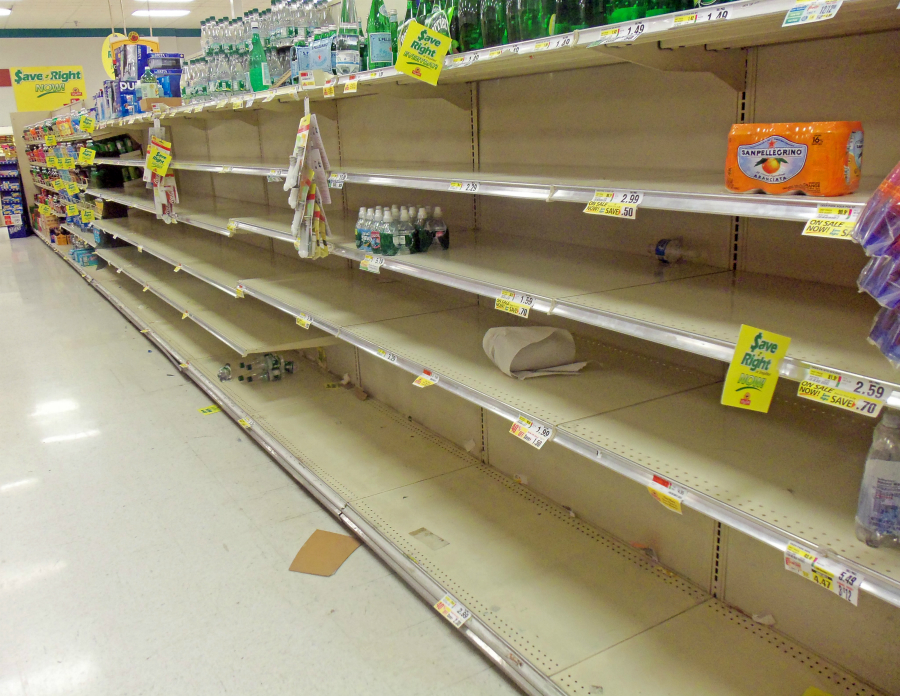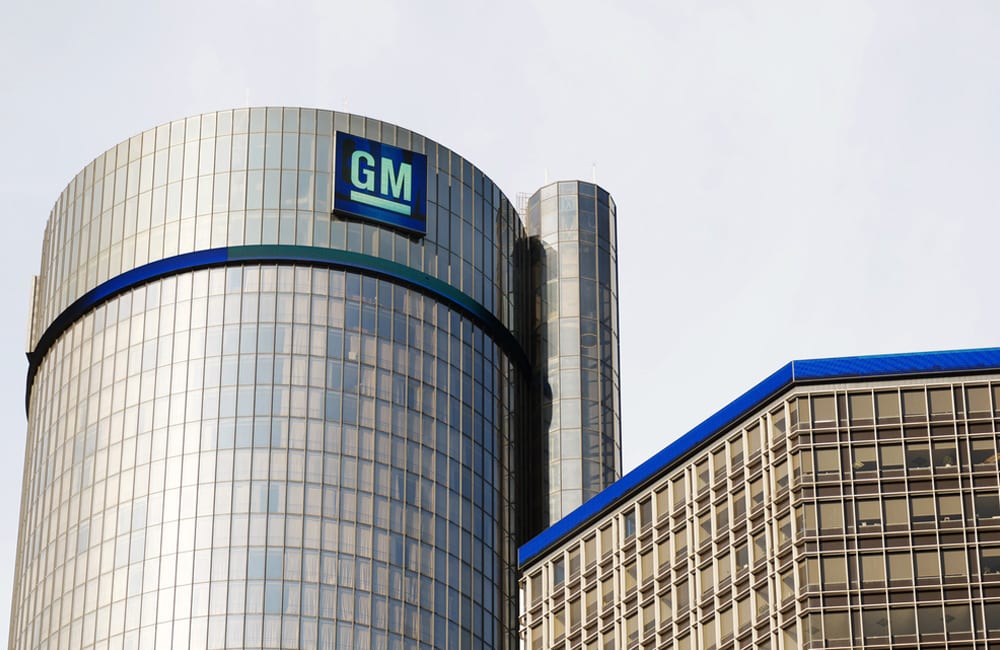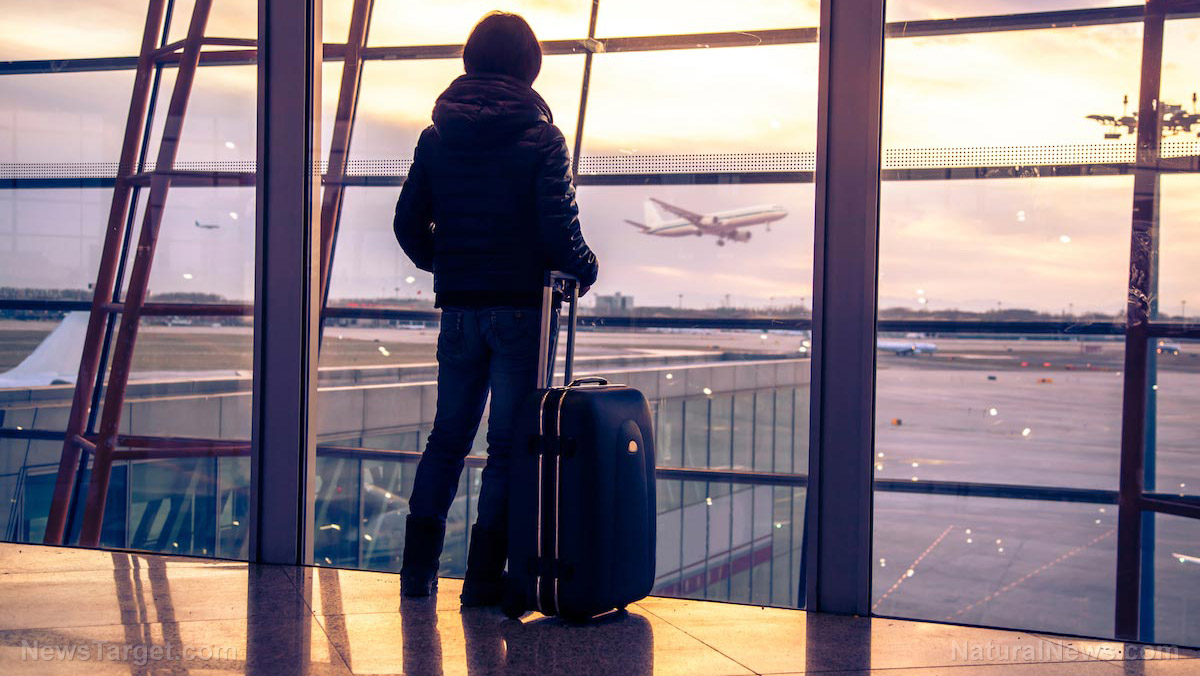Canadian government THREATENS Costco and Walmart to artificially lower food prices to combat inflation
10/16/2023 / By Cassie B.
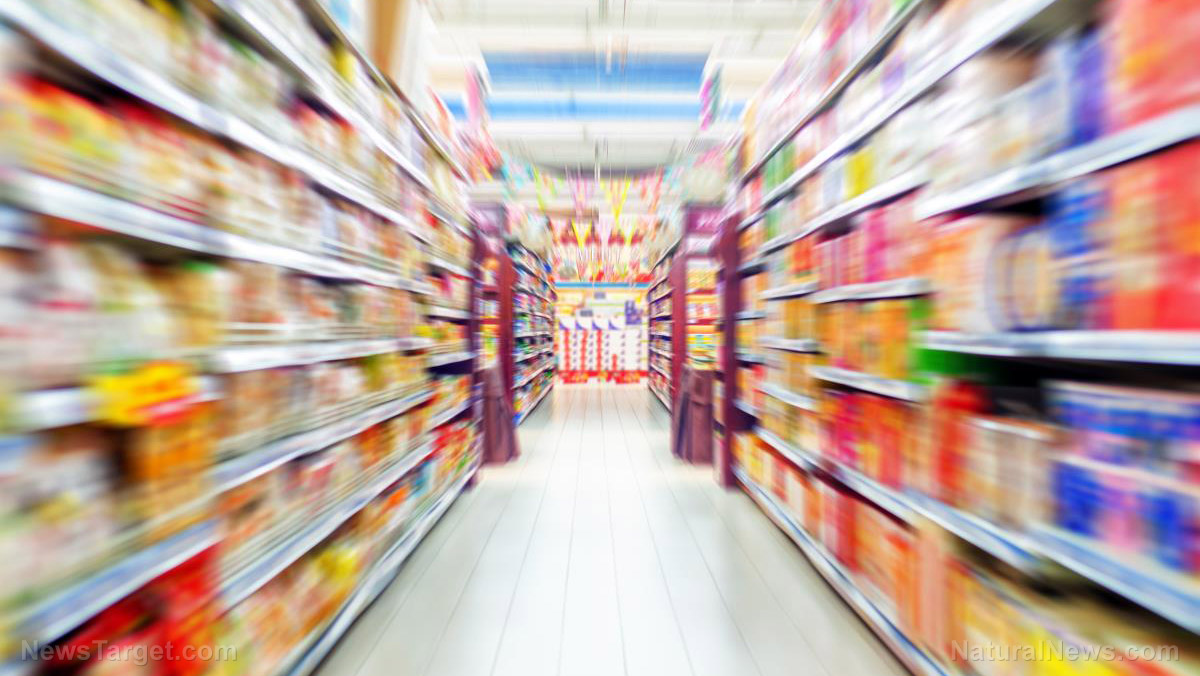
As inflation continues to climb in Canada, the government has resorted to threatening grocery stores in a bid to get them to artificially reduce their prices to cope with the new reality. In response to political pressure to tackle inflation and a deadline imposed by the government to come up with a plan, the country’s five major chains recently announced an initial commitment to taking steps to stabilize food prices.
According to Innovation Minister Francois-Philippe Champagne, Canadian shoppers can expect to see discounts on numerous food products soon, along with price matching efforts and price freezes. The chains involved include Costco and Walmart as well as Metro, Sobeys and Loblaw.
“These measures will bring a much needed [and] more competitive marketplace and the winners of that are obviously Canadians,” Champagne noted.
The agreement came after Prime Minister Justin Trudeau threatened to impose new taxes on major grocers if they failed to find a way to limit the increase in food prices. Finance Minister Chrystia Freeland, who appeared at the press conference with Champagne, admitted new taxes might still be a possibility.
She said: “No tools are off the table, no measures are off the table. That very much included finance measures like tax measures. So that is for sure an option.”
In August, annual inflation reached 4 percent in a worrying acceleration from July’s figure of 3.3 percent. Meanwhile, the prices of food purchased in stores fell from 8.5 percent in July to 6.9 percent in August, which may be a drop but is still considered quite high. These figures come as the Canadian central bank, the Bank of Canada, continues to raise interest rates in hopes of reining in inflation and getting it closer to their target of 2 percent. The Bank of Canada’s rates are currently at 5 percent, which is their highest level in more than 20 years. Unfortunately, food prices are currently rising at a faster pace than the rate of inflation there.
The Canadian government also announced it is setting up a Grocery Task Force that will be responsible for monitoring commitments by grocers to drop prices and investigate any practices that they consider harmful to consumers. One example of this is shrinkflation, which occurs when products are sold at the same price or even higher than before but contain a smaller quantity of food than they did in the past.
An official with the Bank of Canada, Nicolas Vincent, has said that frequently changing prices can make it more challenging for the government to curb inflation. Grocery stores are in a position where they can easily change their prices on a regular basis thanks to electronic price tags.
In a speech, he explained: “In other words, if recent pricing behavior settles into a new normal, it could complicate our return to low, stable and predictable inflation.”
Rising grocery prices are a problem in many countries
In the U.S., food prices have been steadily rising since the pandemic, and although inflation has been slowing somewhat lately, the cost of groceries is still rising. Bureau of Labor Statistics reports show that food prices rose 4.3 percent between August 2022 and August 2023. Some of the biggest increases have been seen in categories such as frozen vegetables, frozen drinks and salad dressing. England has been grappling with a similar rise.
In France, price caps have been put in place on 5,000 foods after months of double-digit food inflation. One of their top supermarket chains, Carrefour, has started placing orange “Shrinkflation” labels on products that have gotten smaller but cost the same or more in an attempt to shame brands and pressure them into fairer pricing. For example, products like Lipton iced tea from PepsiCo have dropped from 1.5 to 1.25 liters, making the price per liter rise by 40 percent, while Nestle’s Guigoz baby formula has shrunk from 900 grams to 830 grams.
Sources for this article include:
Submit a correction >>
Tagged Under:
big government, Bubble, Canada, Collapse, Costco, debt collapse, deception, economic riot, finance riot, food collapse, food inflation, food prices, food supply, groceries, hunger, Inflation, national debt, risk, starvation, Tyranny, Walmart
This article may contain statements that reflect the opinion of the author
RECENT NEWS & ARTICLES
COPYRIGHT © 2017 RISK NEWS

